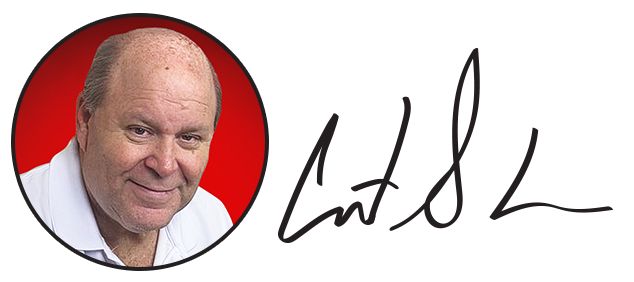
It’s a scenario familiar to many job seekers: hours stretched into days, poring over every detail of your resume—tweaking verbs, rephrasing accomplishments, and tailoring each application to perfection. While personalization is undeniably important, the danger lies in allowing resume tweaking to consume an inordinate amount of your time and energy. Spending too much time on this one aspect of your job search can not only hinder your progress but also distract you from more impactful ways of standing out to potential employers.
Personalization Is Good, But There’s a Limit
Customizing your resume for each job application is a widely recommended practice—and for good reason. Employers want to see how your skills and experiences align with the specific role they’re trying to fill. A well-tailored resume shows attention to detail and demonstrates your interest in the position.
But here’s the catch: personalization doesn’t mean perfectionism. It’s easy to fall into the trap of believing that every word must be perfectly aligned with the job description. The truth is, most recruiters spend only 6–7 seconds scanning a resume. While it should be polished and relevant, your resume is unlikely to win or lose the job on its own. Spending hours fine-tuning something that might get a quick glance is not an effective use of your time.
Employers Care About Benefits, Not Just Details
One of the biggest misconceptions among job seekers is that a resume is the primary tool for securing an interview. In reality, the more an employer sees a clear benefit in hiring you, the less they care about the finer points of your resume. Your ability to communicate the value you bring—through networking, your online presence, and, most importantly, conversations—matters far more than the precise wording of bullet points on your resume.
Think of it this way: a resume is a supporting document, not the main event. It’s there to provide context and credibility, but it’s not what will make the strongest first impression. A candidate who exudes confidence, understanding of the employer’s needs, and enthusiasm for the role will stand out more than someone who sends a technically perfect but uninspired application.
You Are Your Greatest Asset
Your resume may tell a story about your career, but it’s you who creates the first brilliant impression. Too many professionals hide behind their resumes, focusing on polishing what’s on paper rather than showing up as their authentic, dynamic selves.
Employers hire people, not resumes. They’re looking for candidates who can solve problems, fit into the company culture, and bring energy and ideas to the table. These are traits best communicated through direct interactions—networking conversations, informational interviews, and even a well-crafted LinkedIn profile. By spending more time focusing on how you present yourself and less on tweaking your resume, you allow your personality and value to shine.
The Opportunity Cost of Over-Editing
The time spent agonizing over your resume comes with a significant opportunity cost. Every hour spent rephrasing bullet points is an hour that could have been used for activities that are often more effective in landing a job. Here are a few examples:
- Building Connections: Reach out to former colleagues, mentors, or industry professionals. Personal recommendations and referrals often carry more weight than a resume.
- Enhancing Your Online Presence: A strong LinkedIn profile and thoughtful engagement with industry content can attract recruiters and hiring managers.
- Practicing Interview Skills: If you land an interview, your ability to articulate your value will matter far more than your resume format.
- Researching Employers: Understanding a company’s goals and culture can help you tailor your communication effectively, both in applications and during conversations.
- Upskilling: Investing in professional development or acquiring certifications can make you a more attractive candidate than simply refining your resume.
Focus on the Big Picture
Instead of obsessing over your resume, aim for a balanced approach. Ensure your resume is professional, clear, and tailored enough to demonstrate relevance—but then shift your attention to the bigger picture. Consider the following steps:
- Create a Master Resume: Develop a comprehensive version of your resume that includes all your accomplishments, skills, and experiences. Use this as a base to make quick adjustments for specific roles.
- Highlight Key Achievements: Focus on measurable outcomes and significant contributions that demonstrate your ability to add value. These should remain consistent across most applications.
- Move Beyond the Resume: Be proactive about reaching out to decision-makers. Share a tailored introduction email or message that highlights your alignment with the company’s goals.
- Polish Your Elevator Pitch: Be ready to articulate your unique value proposition in 30 seconds. This can often have more impact than any document.
Remember the End Goal
Job searching is a multidimensional process. While your resume is an important tool, it’s only one piece of the puzzle. Your ultimate goal is to position yourself as the solution to an employer’s problem—and that requires more than words on a page. It requires authenticity, confidence, and a proactive approach to building relationships.
So, the next time you find yourself spending hours on your resume, take a step back and ask: Is this the best use of my time? If the answer is no, redirect your energy to the areas that will truly help you shine. After all, when employers see the value you bring to the table, they’ll care less about what’s written on your resume and more about how soon you can start making an impact.

Curt Skene
FOUNDER
Career Network Club